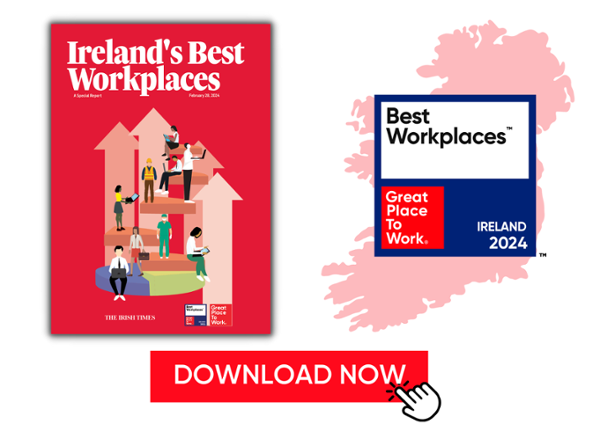Want to know why trust is so important to a productive, sustainable organisation? Why we at Great Place to Work consider it the foundations of a great culture? The weird and wonderful world of neuroscience has the answers.
This is based on the excellent work of the Centre for Neuroeconomics founder, Paul J Zak and his study on the Neuroscience of Trust and Organisational Culture (1). Given the Great Place to Work Model is all about creating high trust workplaces, we'd like to share a summary of the findings from his fascinating work, with a dash of GPTW flair added in for good measure.
Here comes the science bit, bear with us…
At a neurological level, our brains produce a chemical called oxytocin when we perceive others as trustworthy. Oxytocin is a well-studied hormone, the production of which is linked to social bonding, group cohesion, group belonging and empathy. Clearly, healthy oxytocin production is beneficial to not only individuals, but the groups they are members of.
Let’s consider this in relation to organisational culture, when compared with low trust companies, high trust company employees report:
- 74% less stress
- 106% more energy at work
- 50% higher productivity
- 13% fewer sick days
- 76% more engagement
- 29% more life satisfaction
- 40% less burnout

That’s quite the return for any organisation! It would appear that oxytocin is the magic ingredient when it comes to a productive and happy workforce. While it is possible to artificially increase oxytocin levels in individuals, it tends to be done so by nasal administration, which is probably a little uncomfortable...
As an alternative, we can consider what elements of organisational culture would be beneficial, so what did Zak find these high trust environments had that the others didn’t?
- Emphasis on recognition
- Opportunity for collaboration
- Autonomy
- Transparency and openness in communication
- Social bonding activities
- Leadership support
- Development opportunities
More resources on building a high trust culture:
Well, don’t these look familiar! These are all elements of what we look for in a Great Place to Work. A high trust work environment will not only improve the psychological wellbeing of staff but help the business as a whole. Trust then, can be considered to be the foundations of a healthy workplace culture, perhaps even a healthy society.
Sources:
(1) https://hbr.org/2017/01/the-neuroscience-of-trust%20
About Great Place to Work®
Great Place to Work® is the global authority on workplace culture. We help organisations quantify their culture and produce better business results by creating a high-trust work experience for all employees. We recognise Great Place to Work-Certified™ companies and the Best Workplaces™ in more than 60 countries. To join the thousands of companies that have committed to building high-trust company cultures that help them attract, retain and take care of their people, contact us about getting Certified today.
